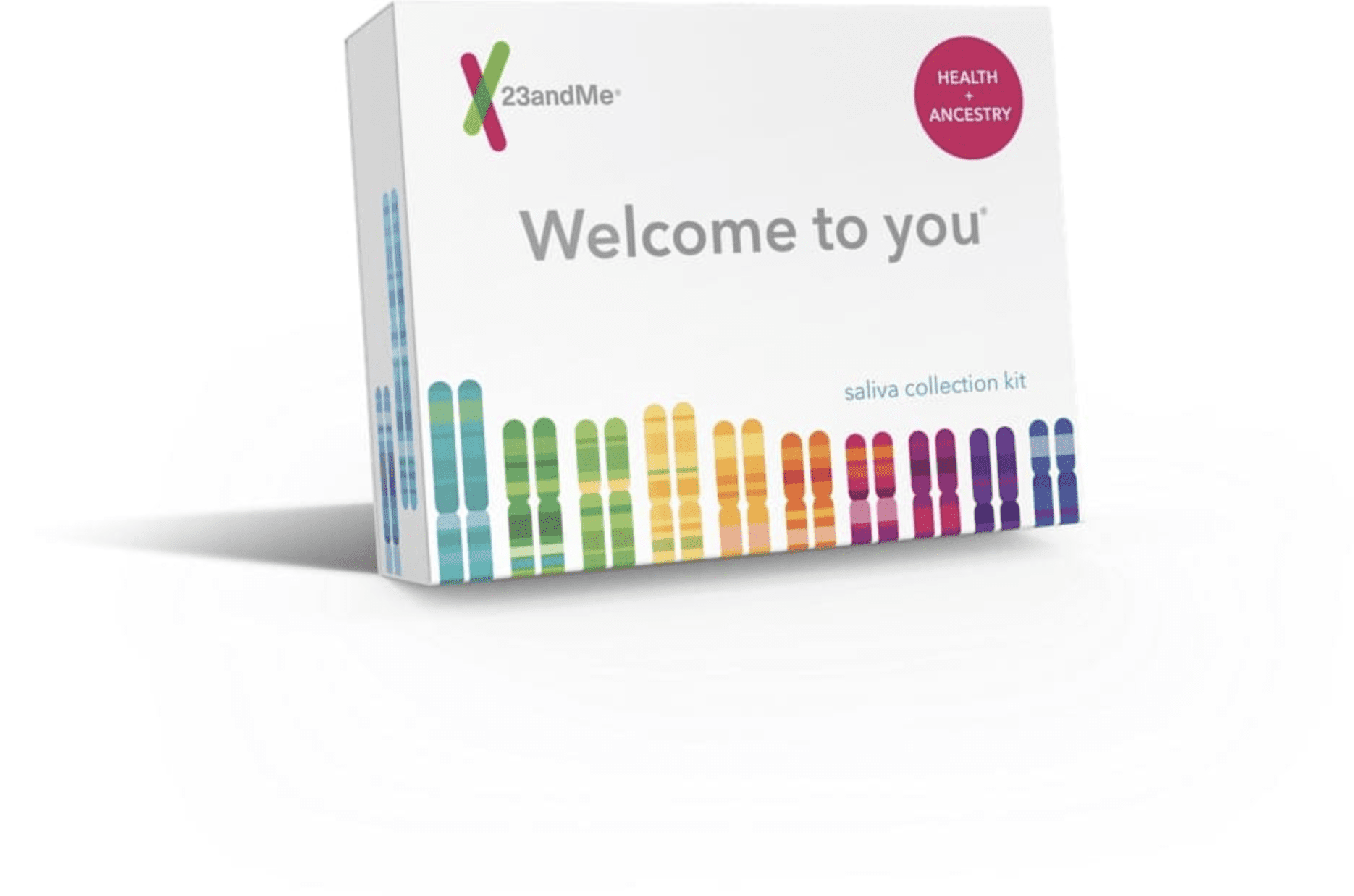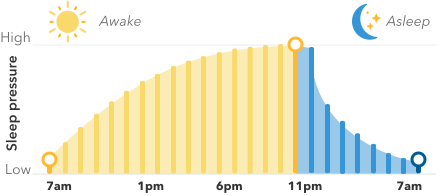How it works
Deep sleep is the phase of sleep when it’s hardest to wake up. It occurs right before the REM stage of sleep and may play a role in transferring the day’s events into longer-term memories. In deep sleep, your brain cells produce slow moving waves of electrical activity called delta waves.
The genetic link
Scientists have identified a genetic variant that may explain why some people feel more tired the longer they’re awake. A certain genetic variant, or difference, in the ADA gene may contribute to some people having stronger delta waves. People with one or more copy of this genetic variant may also feel more sleepy after a night of missed sleep than others.

Did you know?
The longer we stay awake, the sleepier we get. This is sometimes called sleep pressure. A molecule called adenosine builds up the longer we stay awake, causing us to feel sleepy. Especially deep sleepers tend to feel sleepier than others after a night of missed sleep. However, one study found that taking naps eliminated this difference in sleepiness. Siesta, anyone?
Explore more
Learning about deep sleep can be an eye-opening experience, even for folks who snoozed their way through science class. If you’ve always suspected you feel more sleepy than others after missing a night of sleep, 23andMe’s Health + Ancestry Service may offer deeper insights. Order a kit, send us some spit, and find out how your genetics may affect your deep sleep.

Health + Ancestry Service
References
23andMe Blog (2017, May 17). “Sleepy Time.” Retrieved November 2, 2018, from https://blog.23andme.com/23andme-and-you/sleepy-time/.
23andMe Blog (2017, October 5). “Nobel Worthy Sleep Science.” Retrieved November 2, 2018, from https://blog.23andme.com/23andme-research/nobel-worthy-sleep-science/.

Leave a Reply